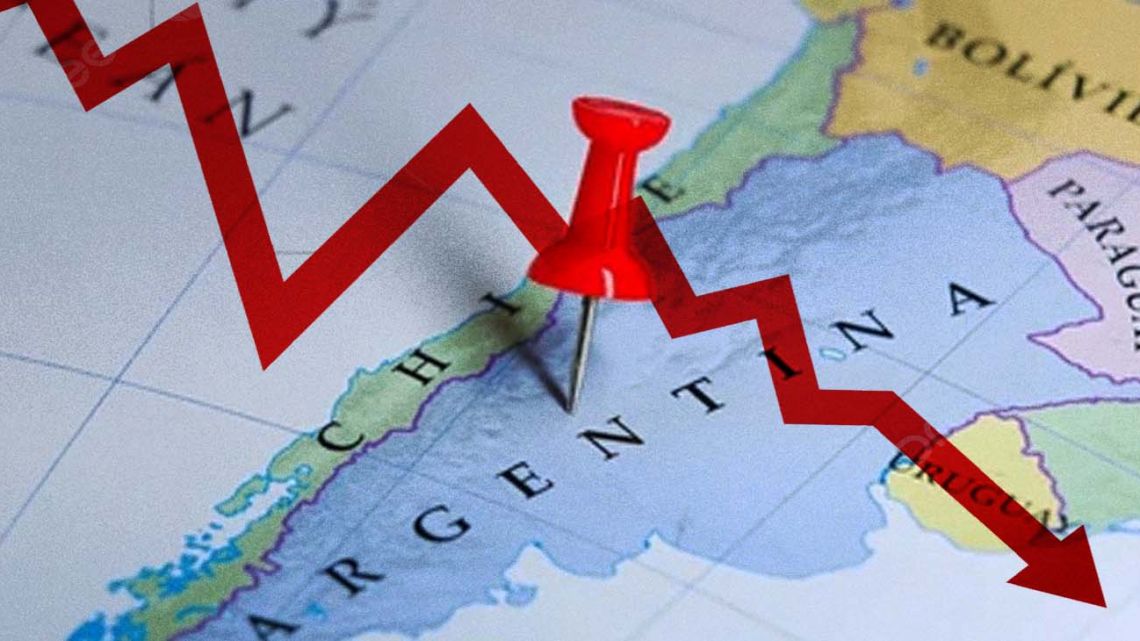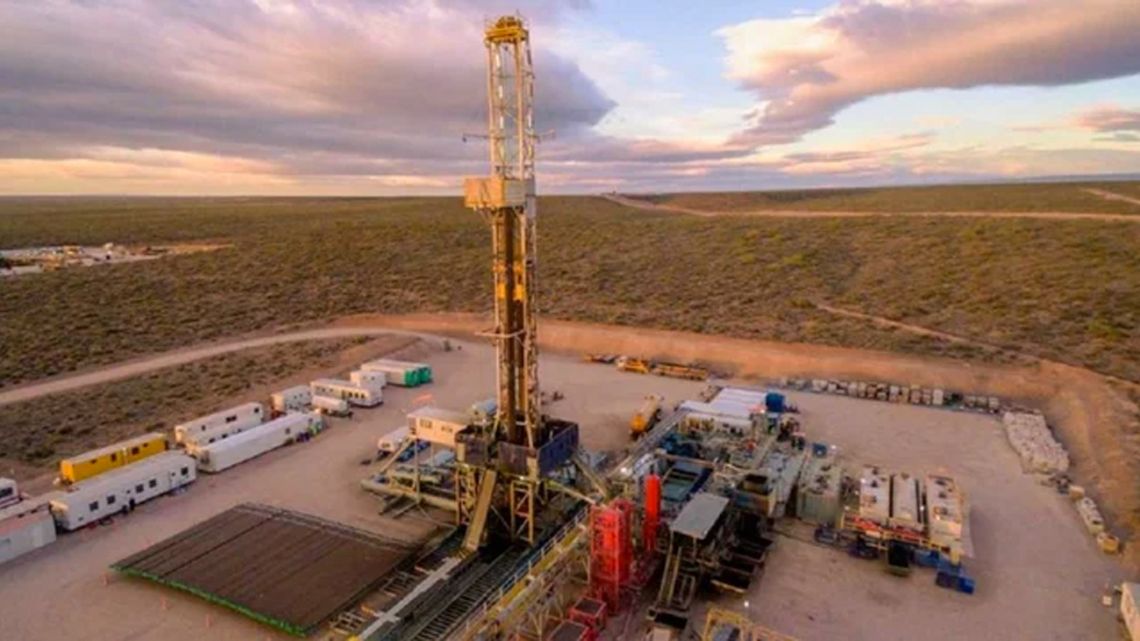The Mexican government has initiated a significant operation aimed at reducing the flow of illegal goods entering the country, particularly from China.
This move comes after authorities seized around 90,000 unauthorized products valued at over $370,000 from a commercial center in Mexico City known for selling Chinese merchandise.
The raid on Plaza Izazaga 89 is not the first of its kind; it marks the third intervention at this site within the year. This area, often called “Mexico Mart,” has become a hotspot for counterfeit goods.
The recent operation involved multiple agencies, including the Ministry of Economy and local law enforcement, highlighting a coordinated effort to tackle this issue.
Marcelo Ebrard, the Secretary of Economy, stated that these actions are part of a broader strategy to protect local businesses from unfair competition posed by illegal imports.
 Mexico Launches Nationwide Crackdown on Illegal Chinese Imports. (Photo Internet reproduction)
Mexico Launches Nationwide Crackdown on Illegal Chinese Imports. (Photo Internet reproduction)Economic and Trade Implications
The government plans to use *extinción de dominio*, a legal tool that allows the seizure of properties involved in illegal activities without compensating their owners. This approach aims to prevent such locations from continuing to facilitate unlawful trade.
This crackdown is not just a one-off event; it is part of a larger plan that will extend across all 32 states in Mexico. Ebrard emphasized the importance of these measures for industries like textiles and toys, which have been significantly impacted by unregulated imports flooding the market.
The timing of this operation is particularly relevant given the rising tensions between Mexico and the United States regarding trade practices.
President-elect Donald Trump has threatened to impose tariffs on imports from Mexico and Canada, which could have serious economic implications for both countries.
His proposed tariffs include significant levies on products from neighboring countries and additional charges on Chinese goods. These developments underscore the delicate balance Mexico must maintain in its trade relationships.
As Ebrard pushes for stricter enforcement against illegal imports, he stresses that these efforts are crucial for ensuring fair competition and protecting local industries.

 By The Rio Times | Created at 2024-11-30 06:07:50 | Updated at 2024-12-01 03:57:29
1 day ago
By The Rio Times | Created at 2024-11-30 06:07:50 | Updated at 2024-12-01 03:57:29
1 day ago








